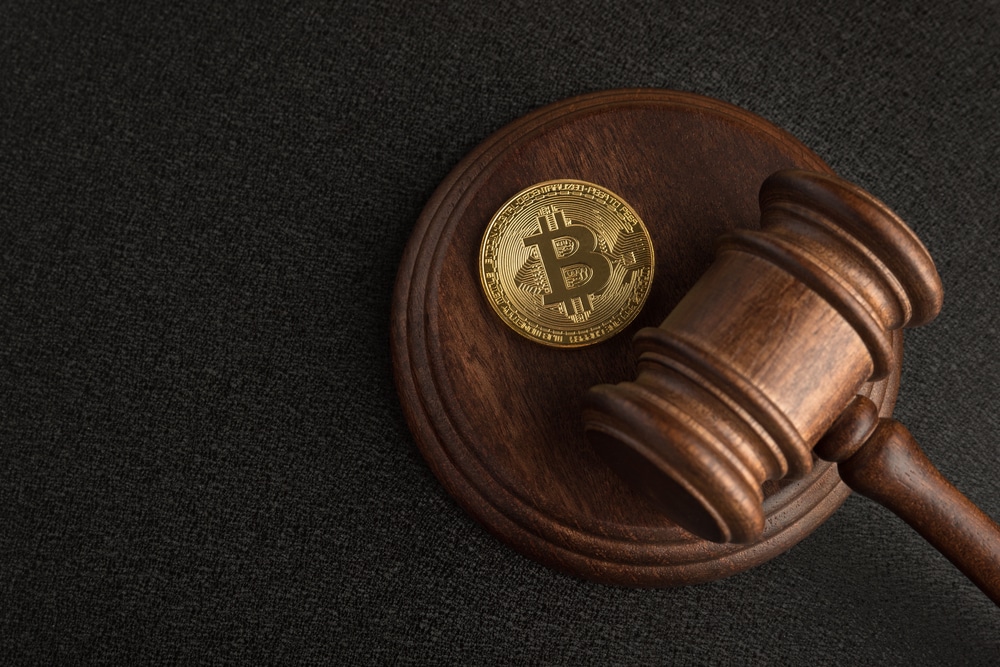
Japan and South Korea to Implement Strict Crypto Regulations
Regulators in Asia are not a fan of cryptocurrencies. In the past few months, various nations from the region have taken up an issue with the nascent industry. While the regulators have remained open to technical innovation, there has been a consistent increase in the trend of regulatory tightening.
Regulators from Japan and South Korea have been pushing for more control, technical access, and consumer protection for projects operating in the sector.
Investor Protection
On this account, the Financial Services Agency (FSA) has recommended various policies to guard investors from illegal transactions on crypto exchanges. These policies can have detrimental implications for peer-to-peer service providers.
The policy calls for halting any transactions on cryptocurrency exchanges if the name of the sender is not the same as their account title. FSA officials have only proposed the idea as a suggestion thus far without putting a legal obligation on trading platforms.
However, FSA action does encourage banks and other financial firms to take initiative. Analysts believe that this type of precedent can have a negative impact on p2p service providers. For the time being, the disruption potential of these initiatives is yet to be seen.
Further ahead in the same region, regulators in South Korea are also taking the same approach. The Financial Intelligence Unit (FIU) adopted a stringent policy against the crypto industry after scandals about undeclared cryptocurrency investments came to public attention last year.
Suspicious Activities in the Cryptocurrency Industry
The Financial Intelligence Unit (FIU), the top regulatory agency in South Korea recently declared an open crackdown against the cryptocurrency sector. The agency noted that its plan to tighten regulations around cryptocurrencies is part of regulator reforms in 2024. On this front, FIU officials have decided to implement a trading suspension on shady trades. This policy will affect local cryptocurrency exchanges operating in the region.
The regulatory agency further noted that it is working on expanding and spreading awareness around cryptocurrency trading. On this matter, the agency has sponsored a virtual asset analysis network to trace and process virtual asset transaction data and all complex pathways. On the other side of the globe, regulators in the EU are dealing with a rapidly popularizing industry namely AI.
The regulators from the Western hemisphere have expressed concerns about the impact of AI on various sectors such as banking, cybersecurity, law enforcement, aviation, electronics, automobile, and others. On this front, the Internal Market and Civil Liberties Committee of Parliament approved the AI Act with 71 votes.
As per the act, regulators are granted the right to examine the technical infrastructure of AI models and the data that they use to train. The policy will allow administrators to apply for copyright filing for generative AI.
Philippines Central Bank to Launch CBDCs in 2 Years
Bankgko Sentral ng Pilipinas (BSP) or the Central Bank of Philippines has announced plans for launching a new CBDC. The monetary agency noted that it does not intend to use blockchain technology for the CBDC. Speaking with journalists, BSP governor Eli Remolona highlighted the approach of Central banks in Sweden and China for their native CBDC projects.
The governor claimed that the CBDC project is set to go live in the next two years. At the same time, he stated that the institution is working on emulating the CBDC approach of China and Sweden. Furthermore, the official told media that the digitization of the legal tender is sure to come to fruition before the end of his term. Honduras National Banking and Securities Commission has also issued a resolution regarding crypto.
The notification issued by the regulators warns that cryptocurrencies may be linked with scams, legal risks, and fraudulent transactions. The regulator informed citizens that they are not under any legal obligations to make cryptocurrency transactions or use tokens as a mode of payment. The notification retained that cryptocurrencies are unregulated and liable for use in fraud or financial crimes.




